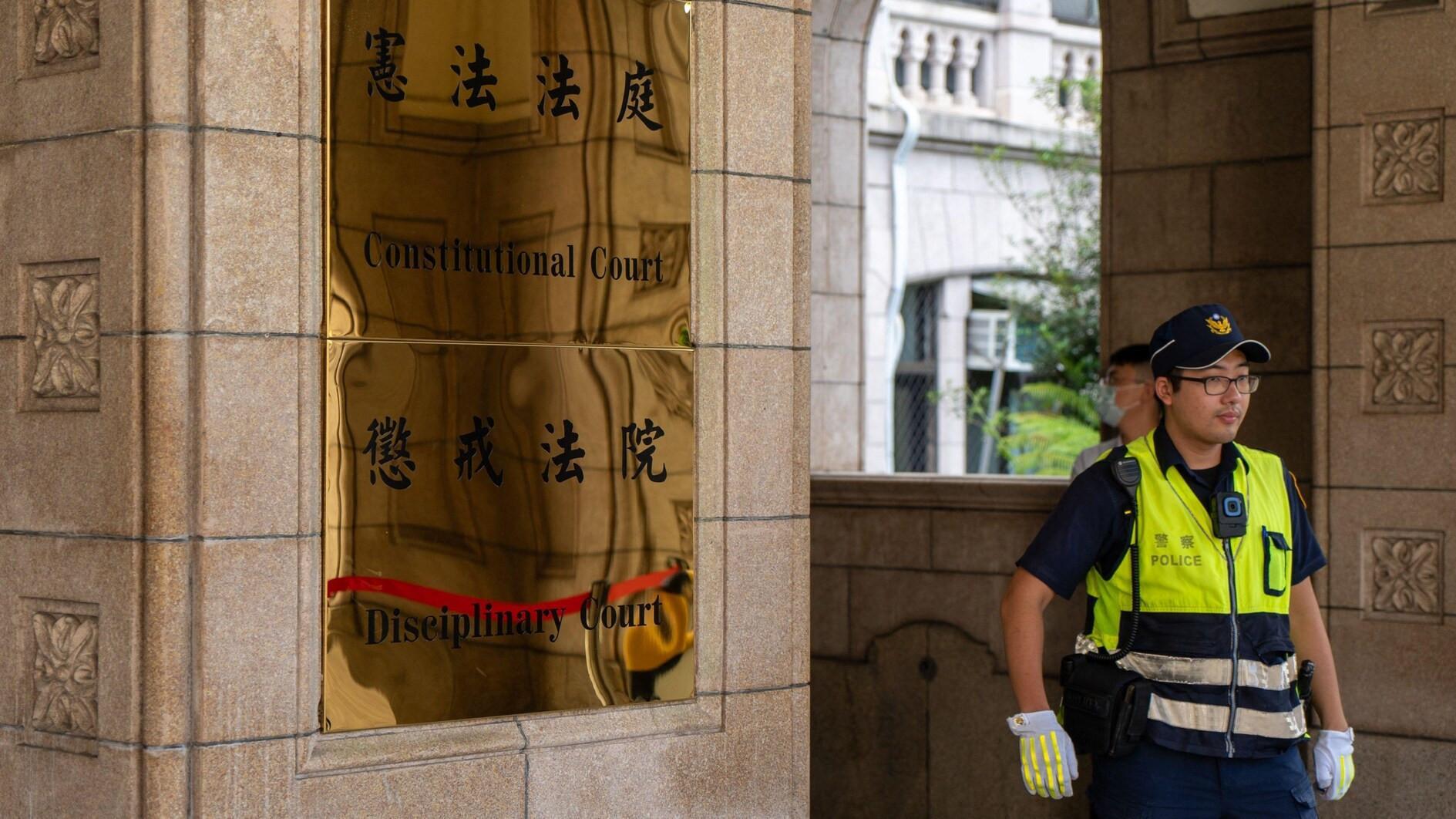
A Taiwanese court decided on Sept. 20 to retain capital punishment, but ruled its application should be "limited to special and exceptional circumstances."
Taiwan has carried out 35 executions since a moratorium on capital punishment was lifted in 2010, with the latest, that of a 53-year-old man convicted for setting a fire that killed his family, occurring in April 2020.
Campaigners against the death penalty have long argued that the practice, carried out by shooting an inmate in the heart from behind as they lie face-down on the ground, is an inhumane method of punishment.
The debate was brought to Taiwan's Constitutional Court, which ruled on Sept. 20 that it would retain the death penalty.
"However, the death penalty is a capital punishment after all, and its scope of application should still be limited to special and exceptional circumstances," said chief justice Hsu Tzong-li during a lengthy readout of the court's decision.
In a statement, the court said that while the right to life will be protected under Taiwan's constitution, "such protection is not absolute."
"The TCC emphasized that because death penalty was the most severe punishment and irreversible in nature, its application and procedural safeguard [from investigation to execution] should be reviewed under strict scrutiny," it said in reference to the crime of murder.
However, "the judgement did not address the constitutionality of death penalty in general or imposed on other offenses," such as treason or drug-related offenses.